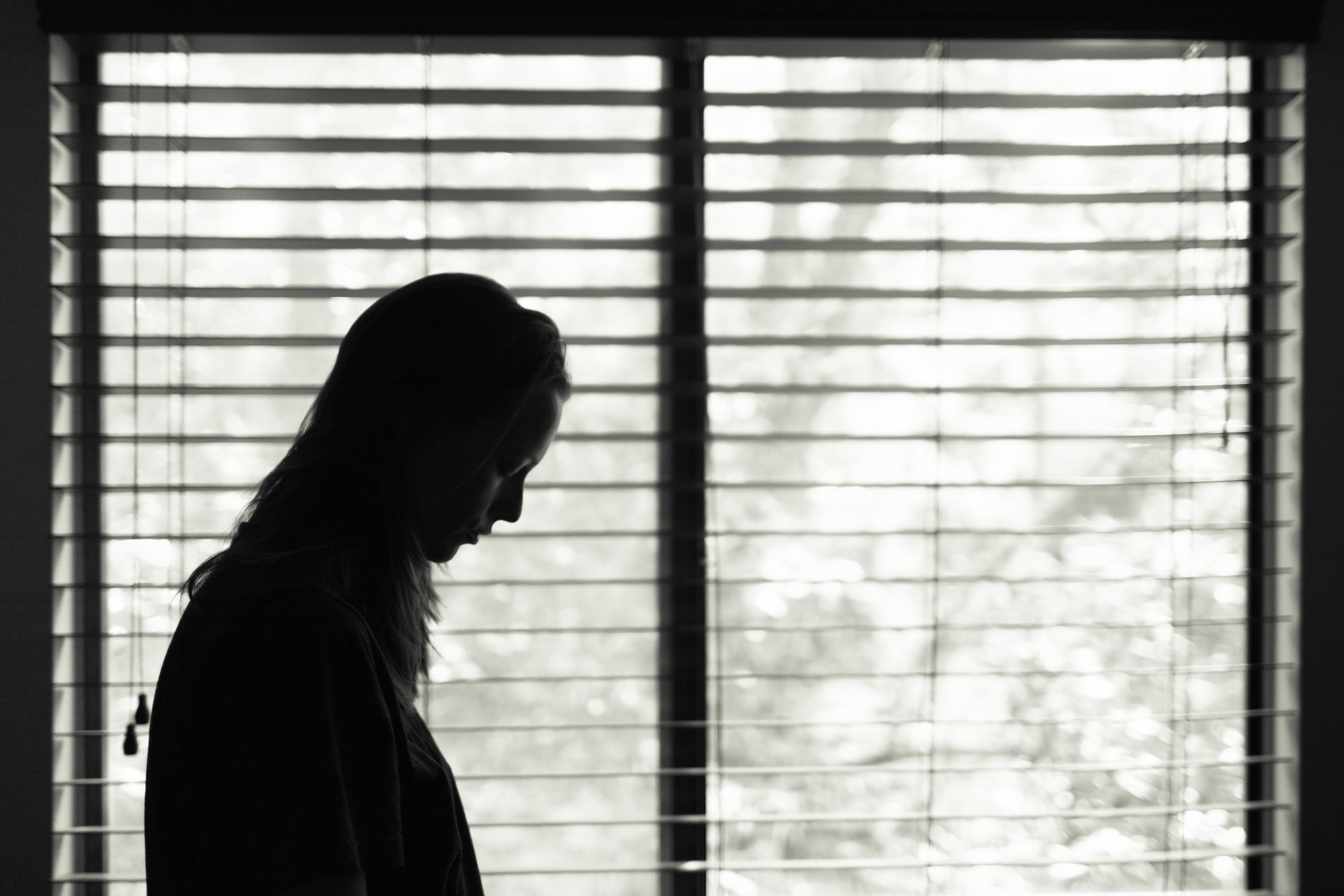20% of all crimes were related to domestic abuse during first lockdown, says ONS
‘Data suggests that experiences of domestic abuse may have intensified during the lockdown and that victims faced difficulties in safely seeking support under these conditions,’ expert says

One in five offences recorded by police during and immediately after the first national lockdown in England and Wales involved domestic abuse, figures show.
Police recorded more than a quarter of a million offences flagged as domestic abuse-related from March to June of 2020, the Office for National Statistics said.
The 259,324 offences represent a rise of 7 per cent from the same period in 2019, and an 18 per cent rise from two years ago.
The ONS state they are unable to make a clear judgement as to whether the pandemic has directly cause this increase in abuse, as the data follows the upwards trend that has been occurring over the past few years.
In April, May and June roughly one in five - 21 per cent, 20 per cent and 19 per cent - offences recorded by police were flagged as domestic abuse-related.
The number of offences rose every month, with the biggest jump being 9 per cent between April and May.
The easing of lockdown measures at this time may have made it safer for victims to seek help and report their cases, the ONS said.
The propotrion of crimes which were recorded as domestic violence did fall slightly, but the ONS state this is likely to be due to a rise in other police-rerecorded crime after lockdown, rather than due to a reduction in domestic abuse cases.
Separate data collected by Her Majesty's Inspectorate of Constabulary and Fire & Rescue Services (HMICFRS) from 40 police forces shows there were 64,283 arrests for domestic abuse-related crimes between April and June, representing a rise of almost one quarter (24 per cent) from the same time last year.
In addition to the rise in domestic violence cases, there was also a small rise of 2 per cent in the number of child protection referrals as a result of domestic abuse-related incidents and crimes over the three months compared with the same period in 2019.
The ONS said the Metropolitan Police received 41,158 calls for domestic incidents between 25 March and 10 June - a 12 per cent rise from the same period in 2019.
This follows a similar experience reported by the National Domestic Abuse Hotline, which has seen calls helpline rise to a weekly average increase of 66 per cent and visits to their website have seen a phenomenal 950 per cent rise compared to pre Covid-19. The helpline was contacted around 444 times a day on average at the height of the pandemic.
Refuge, the charity who run the domestic violence hotline, and the ONS additionally note that they have seen an increase in the number of third party referrals made to their support networks. The ONS suggest this may be due to more people homeworking, and therefore being more present to witness, and report, worrying situations that would have previously been hidden.
Additionally, the ONS collected data on domestic abuse for a 12 month period ending in March 2020 through The Crime Survey for England and Wales, which estimates that 2.3 adults aged 16-74 - 1.6 million women and 757,000 men - experienced domestic abuse over the 12 months.
This is a small but not significant fall from the previous year.
The victim was female in almost three quarters (74 per cent) of domestic abuse-related crimes, and women aged 16-19 were more likely to be victims of domestic abuse than older women.
Divorced or separated adults were more likely to have experienced domestic abuse than those who were married or civil partnered, cohabiting, single or widowed.
Disabled people and the unemployed were more likely to be victims of domestic abuse than people without a disability or who were employed or economically inactive.
More than twice the proportion of disabled women (14.6 per cent) experienced domestic abuse in the year ending March 2020 than non-disabled women (6 per cent).
And people of mixed ethnicity were significantly more likely to experience domestic abuse than black or Asian people.
The police recorded 758,941 domestic abuse-related crimes during the year ending March 2020 - a 9 per cent rise from the previous year.
However, referrals of suspects from the police to the Crown Prosecution Service fell 19 per cent, and the proportion of suspects charged also fell slightly - from 74 per cent the previous year to 73 per cent.
More than three-quarters of domestic abuse-related CPS prosecutions were successful in securing a conviction (78 per cent), a similar level to the previous year.
Helen Ross, from the ONS's Centre for Crime and Justice, said: "The number of domestic abuse-related crimes recorded by the police continued to increase in the year ending March 2020; this may reflect improvements in police recording and an increase in victims' willingness to come forward.
"Up to date evidence shows this increase continued into the lockdown period - however, it cannot be determined whether this can be directly attributed to the coronavirus pandemic.
"There has also been an increase in demand for domestic abuse support services during the pandemic, particularly following the easing of lockdown measures in May.
"Data suggests that experiences of domestic abuse may have intensified during the lockdown and that victims faced difficulties in safely seeking support under these conditions."






